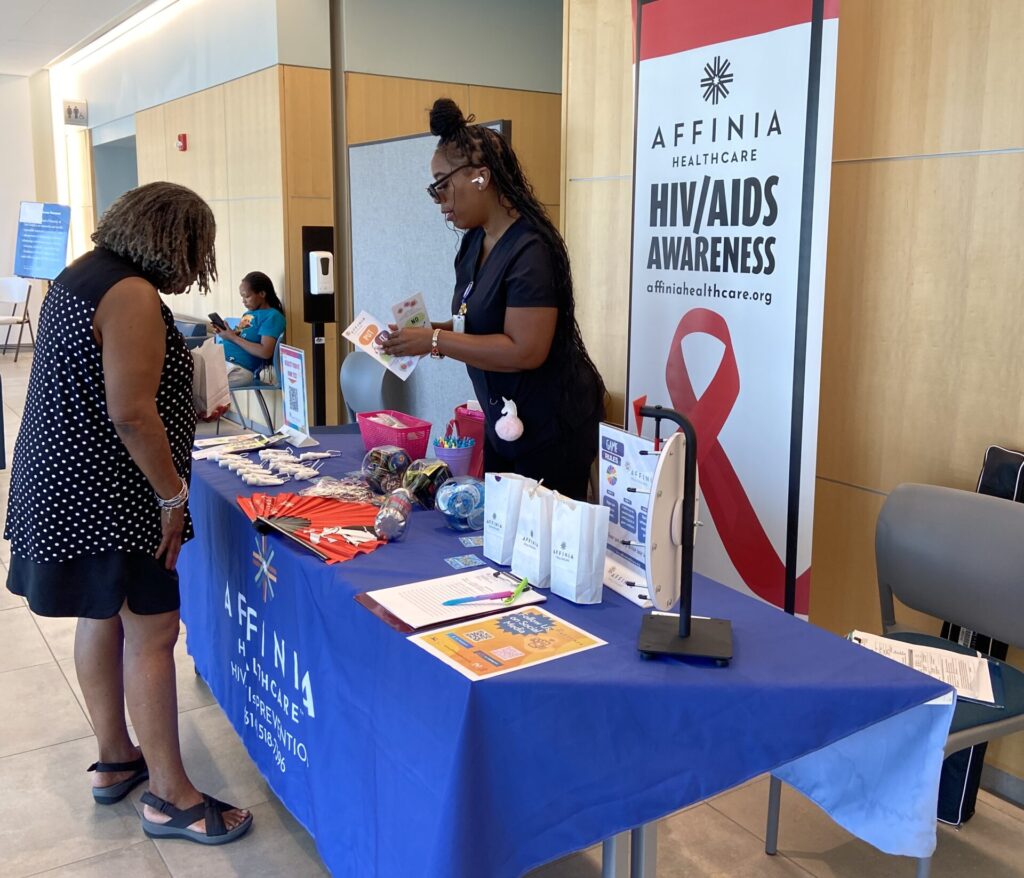A post-election plan for community health
Like many of us, our post-election reality has hit hard. This transition brings confusion and uncertainty in many areas of our lives. As the leader of a community health center with a patient base that struggles with basic needs, I wonder what is next? How will this returning administration support the work we do for our communities?
I was honored to represent Missouri at the recent National Association of Community Health Centers strategy meeting in Seattle, Wash. Like many healthcare leaders, I want to ensure that community health centers have the resources and support to provide needed services to our communities.
Some of the takeaways from the meeting included:
- * The Trump Administration is unlikely to attempt to repeal the Affordable Care Act.
- * Work requirements for Medicaid beneficiaries are more likely to be enforced.
- * Deporting 11 million people is nearly impossible to do given the current resource and capacity constraints of the federal government.
- * There is significant pushback from the construction, housing, and agriculture lobbies against mass deportation.
- * Community health centers will continue to provide care to undocumented patients.
- * Attempts to roll back LGBTQ+ rights and DEI policies are likely and will be challenged by the American Civil Liberties Union (ACLU).
- * NACHC leadership has been in communication with the Trump Administration and continues to advocate for community health centers and the underserved.
Regardless of who sits in the White House, community healthcare leaders are committed to serving our communities and to do that, we are focusing on three primary areas:
- Sustainable funding – to continue the work we do, we must have sustainable funding to operate and serve.
- Workforce development and retention – attracting and retaining staff continues to be a challenge for many organizations. We are working to find ways to bring more talent into the profession and keep them on staff.
- Technology/Innovation – Technology is critical for us to continue to serve patients and support healthy lifestyle choices and, when necessary, treatments for illness and disease.
Community health centers are organizing to be proactive players in their own health and livelihood. We are committing to:
- * Advocacy: Building relationships with elected officials and actively advocating for community health centers.
- * Branding and marketing: Increasing visibility of health centers through social media, marketing, community events, recognition of staff and leadership.
- * Community collaborations: To strengthen the visibility and brand of community health centers, we will continue to partner with other like-minded organizations to expand and build our networks and reach.
- * Collaboration with other community health centers: We are not in competition with other community health centers. Unfortunately, the need for affordable healthcare is ever present, and we will work together to make sure those who need care, can get it.
Affinia Healthcare has served the St. Louis community since 1906, so we’ve seen many historic firsts, and societal challenges and shifts. We have remained steadfast in our commitment to providing affordable healthcare to the community, and will continue to advocate and care for all, including immigrants and refugees, the LGBTQ+ community, and all marginalized and disenfranchised communities.


